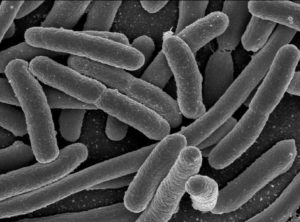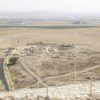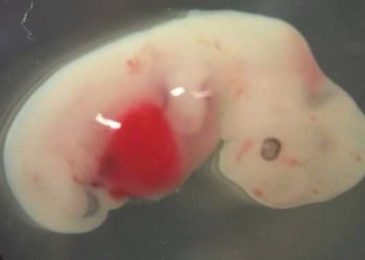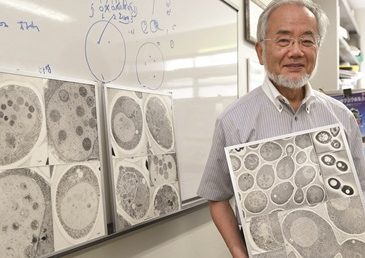 An influential scientific discovery that was once celebrated as compelling evidence for evolution may require reinterpretation, according to a growing number of scientists and researchers.
An influential scientific discovery that was once celebrated as compelling evidence for evolution may require reinterpretation, according to a growing number of scientists and researchers.
In 2008, biologist Richard Lenski of Michigan State University jubilantly announced that he had witnessed a “major evolutionary innovation.” Lenski, as part of his Long-Term Experimental Evolution (LTEE) project, had been carefully observing the bacteria Escherichia coli (E. coli) reproduce in a lab. Finally, after 20 years and 31,000 E. coli generations, Lenski noticed that one of the bacteria populations had seemingly mutated and acquired the ability to process the chemical citrate when oxygen was present.
Lenski detailed his findings in Proceedings of the National Academy of Sciences and claimed that the E. coli development was a “fascinating case of evolution in action.” Other sources described the discovery as “dramatic” and “profound.”
“Lenski’s experiment is also yet another poke in the eye for anti-evolutionists,” reported the website NewScientist.com. The site also quoted evolution promoter Jerry Coyne as saying, “The thing I like most is it says you can get these complex traits evolving by a combination of unlikely events. That’s just what creationists say can’t happen.”
Later, in a 2011 article in Microbe Magazine, Lenski wrote a “salute to Charles Darwin” and asserted that his LTEE project confirmed Darwin’s ideas. Then, in a 2012 journal article published in Nature, Lenski again drew attention to the supposed evolution of the E. coli bacteria, stating that the ability to process citrate was “a novel trait” made possible by evolution.
However, a growing number of scientists are now calling Lenski’s findings into question. In February, a journal article from the American Society for Microbiology written by a team of biologists from the University of Idaho rebutted one of Lenski’s central claims.
“Here we show why [Lenski’s discovery] probably was not a speciation event,” the biologists wrote. As it turns out, E. coli populations tested by the University of Idaho biologists rapidly acquired the ability to process citrate when oxygen was present. So it wasn’t a rare evolutionary event—it was simply the bacteria adapting to their environment.
“We conclude that the rarity of the LTEE mutant was an artifact of the experimental conditions and not a unique evolutionary event,” the researchers wrote. “No new genetic information (novel gene function) evolved.”
Another journal article published this year by the American Society for Microbiology cast further doubt on the celebrated LTEE discovery and proposed that Lenski’s findings “may require interpretation.”
In a May 16 blog post, Dr. Jay Wile said these recent developments should come as no surprise. In fact, Wile noted, a Christian molecular geneticist—Dr. Georgia Purdom with Answers in Genesis—predicted that the E. coli in LTEE did not mutate. They simply adapted to function better in their environment.
“This was definitely not any kind of speciation event,” he wrote in reference to the E. coli adaptations. “Instead, the same genetic changes seen in the LTEE were achieved repeatedly after a short amount of time. This tells us that the ability to use citrate in the presence of oxygen is the result of adaptive mutation, as predicted by Dr. Purdom nearly 8 years ago.”
Therefore, Dr. Wile wrote, these recent developments have “specifically confirmed a creationist prediction while, at the same time, falsifying an evolutionary one.”
A special message from the publisher…
 Dear Reader, our hearts are deeply grieved by the ongoing devastation in Iraq, and through this we have been compelled to take a stand at the gates of hell against the enemy who came to kill and destroy. Bibles for Iraq is a project to put Arabic and Kurdish audio Bibles into the hands of Iraqi and Syrian refugees—many of whom are illiterate and who have never heard the gospel.Will you stand with us and make a donation today to this important effort? Please click here to send a Bible to a refugee >>
Dear Reader, our hearts are deeply grieved by the ongoing devastation in Iraq, and through this we have been compelled to take a stand at the gates of hell against the enemy who came to kill and destroy. Bibles for Iraq is a project to put Arabic and Kurdish audio Bibles into the hands of Iraqi and Syrian refugees—many of whom are illiterate and who have never heard the gospel.Will you stand with us and make a donation today to this important effort? Please click here to send a Bible to a refugee >>






